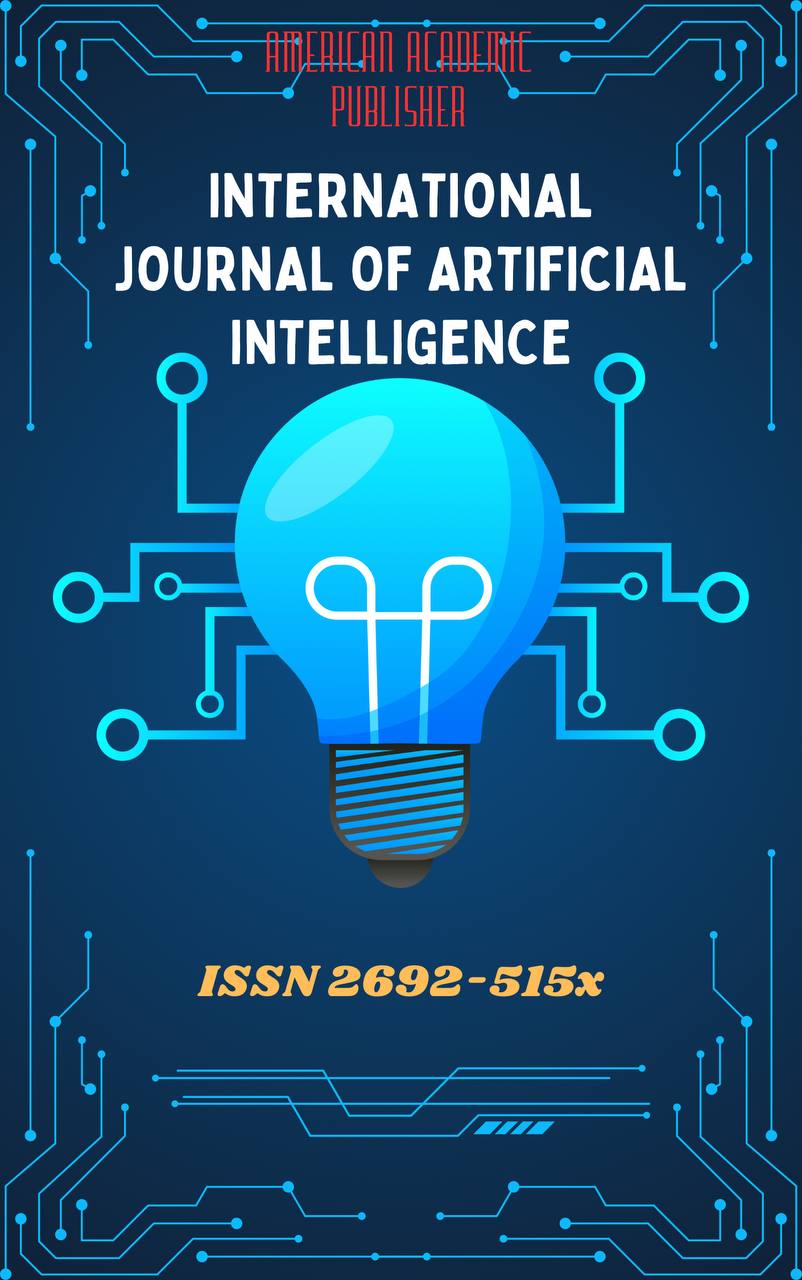 Articles
| Open Access |
Articles
| Open Access | TEACHING ENGLISH TO YOUNG CHILDREN THROUGH MULTIMEDIA AND INTERACTIVE TECHNOLOGIES
Arapjonova Zebo Otabek qizi , Andijon State Institute of Foreign LanguagesAbstract
This article examines the role of multimedia and interactive technologies in teaching English to young children. It highlights how these tools enhance engagement, motivation, and language acquisition by providing interactive and stimulating learning experiences. The study uses a mixed-methods approach involving experimental lessons and feedback from teachers and parents. Findings suggest that integrating multimedia and interactive technologies significantly improves vocabulary, pronunciation, and overall language skills among young learners. The article concludes with recommendations for effective implementation and future research directions.
Keywords
Multimedia, Interactive Technologies, English Language Teaching, Young Learners, Early Childhood Education, Language Acquisition, Educational Technology
References
Clements, D. H., & Sarama, J. (2007). Early childhood mathematics learning. Early Childhood Research Quarterly, 22(1), 10-17.
Gee, J. P. (2003). What video games have to teach us about learning and literacy. Computers in Entertainment, 1(1), 20-20.
Kim, H., & Gilman, D. A. (2008). Effects of text, audio, and graphic aids in multimedia instruction for vocabulary learning. Educational Technology & Society, 11(3), 114-126.
Kucirkova, N., & Littleton, K. (2016). Technology and young children: Creating new spaces for learning. Routledge.
Stockwell, G. (2012). Using mobile phones for vocabulary activities: Examining the effect of the platform. Language Learning & Technology, 16(3), 95-110.
Warschauer, M., & Healey, D. (1998). Computers and language learning: An overview. Language Teaching, 31(2), 57-71.
Article Statistics
Downloads
Copyright License

This work is licensed under a Creative Commons Attribution 4.0 International License.

